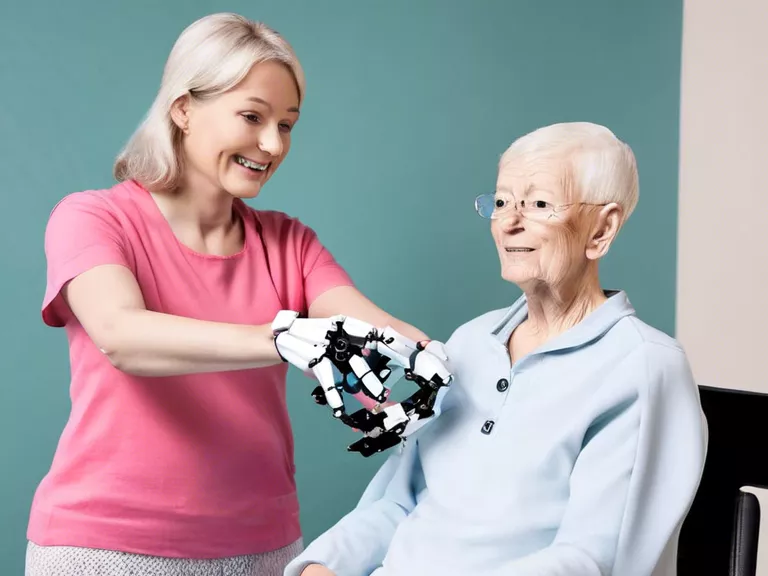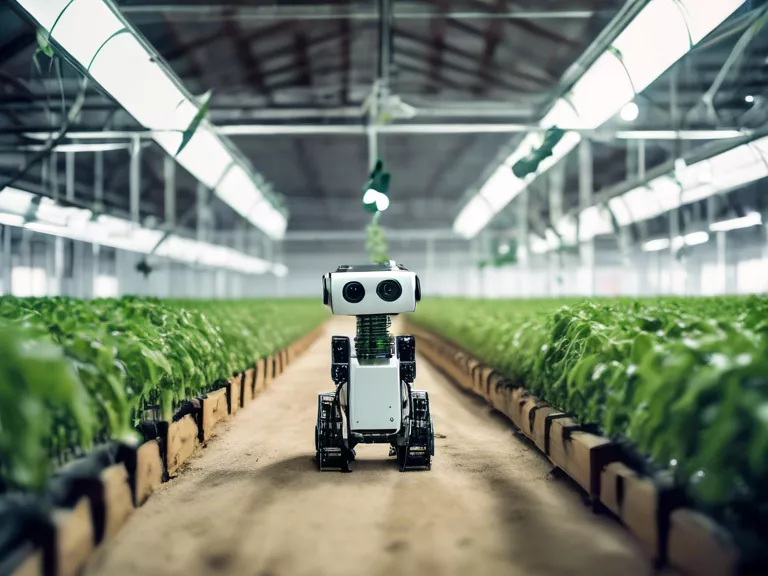
In recent years, social robots have been making their way into various aspects of our lives, including therapy and care for the elderly. These advanced machines are designed to interact with humans, providing support, companionship, and assistance in a variety of ways. The use of social robots in therapy and care settings for the elderly is proving to be beneficial in many ways, both for the individuals receiving care and for the healthcare professionals providing it.
One of the key benefits of using social robots in therapy for the elderly is their ability to provide consistent and personalized care. Unlike human caregivers who may have limited availability or varying levels of skills and experience, social robots can be programmed to provide round-the-clock care and support tailored to the individual's needs. This can help improve the overall quality of care and ensure that the elderly receive the attention and assistance they require at all times.
Another advantage of using social robots in therapy for the elderly is their ability to engage and interact with individuals in ways that are both stimulating and comforting. These robots can engage in conversation, play games, provide reminders for medication or appointments, and even offer emotional support through gestures and expressions. This can help alleviate feelings of loneliness and isolation, which are common among the elderly, particularly those living in long-term care facilities or who have limited access to social interaction.
Furthermore, social robots can assist with therapy for the elderly by leading exercises, providing cognitive stimulation activities, and monitoring vital signs. These robots can help individuals stay physically active, mentally alert, and maintain a healthy lifestyle, which can contribute to their overall well-being and quality of life. Additionally, social robots can collect and analyze data on the individual's progress, enabling healthcare professionals to track their improvement and adjust their care plan as needed.
In conclusion, social robots are proving to be valuable tools in therapy and care for the elderly, providing personalized care, engaging interactions, and monitoring of progress. As technology continues to advance, we can expect to see more innovations in this field, further enhancing the quality of life for the elderly and improving the efficiency of care services. Social robots have the potential to revolutionize the way we care for our aging population, offering new opportunities for personalized and effective therapy and support.



